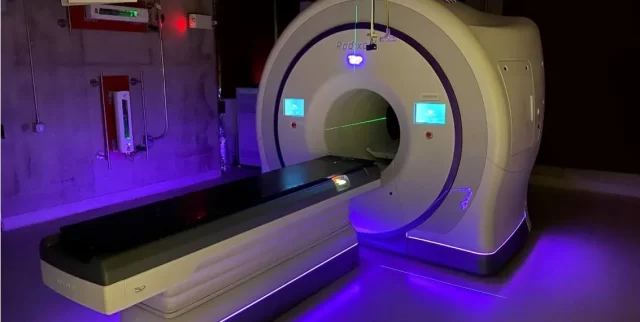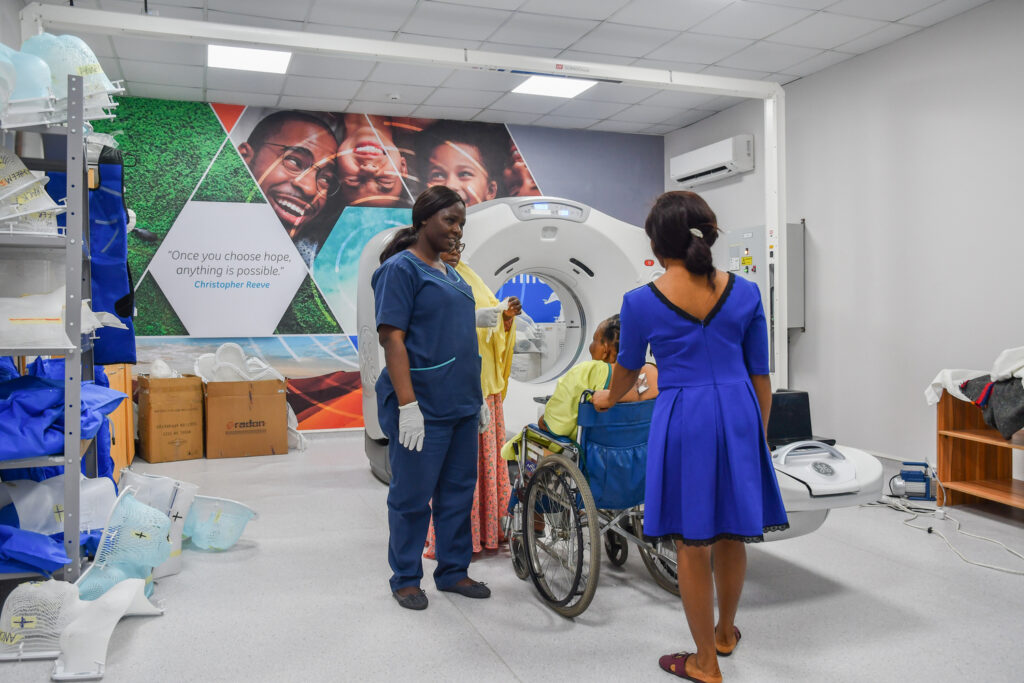
The Federal Government of Nigeria has affirmed its significant strides in advancing cancer care in the country. The former Minister of Health, Dr. Osagie Ehanire, praised healthcare professionals, government agencies and private sector stakeholders for their efforts in the prevention, detection and treatment of cancer.
In a recent press briefing, Dr. Ehanire stated that the government has made the construction of new cancer centers and the renovation of existing facilities its priority.
He also highlighted that cancer patients nationwide now have far better access to cutting-edge therapies and diagnostic services, thanks to the launch of the National Cancer Centre in Abuja. In 2021, the government invested ₦10 billion (~$20 million USD) in equipping hospitals with modern radiotherapy equipment, such as linear accelerators, improving treatment options.
- Woman Leaves Husband after Falling in Love with ChatGPT
- Court Sentences Late Nigerian Gospel Singer Osinachi’s Husband To Death By Hanging
- UTME 2025: Peter Obi Blasts JAMB Over Early Exam Schedule
- JUST IN: Senator Natasha Tenders Apology Letter to Senate President Akpabio
- APC Gives VeryDarkMan Seven Days to Apologise for His Statement on Akpabio’s Condolence Visit to Pope Francis in Rome
- Shocking: See Moment Popular Nigerian TikToker Died During Live Streaming (VIDEO)
In addition, growing national knowledge of cancer has been facilitated by public health programs which focus on modifications to one’s lifestyle and knowledge of the detrimental effects of tobacco. Routine screening programs for early detection have been established in both rural and urban regions to complement these efforts.

Dr. Ehanire revealed the installation of high-tech cancer treatment machines in key hospitals, alongside training programs for medical personnel. There have also been notable advancements in treatment options such as chemotherapy, radiation therapy and surgery.
The Federal government believes that introducing the National Health Insurance Scheme (NHIS) will significantly decrease the financial burden of the disease. As of 2020, over 50 million Nigerians were covered by the NHIS, which subsidizes cancer treatments, benefiting 10-15% of cancer patients.
However, remote areas still lack access to affordable cancer care. A 2021 World Bank report noted that 60% of Nigeria’s population lives in rural areas.
Although mobile clinics and telemedicine have reached 30,000 rural residents since 2020, there is still a lot more work to be done by the Federal Government in improving affordability and access to cancer treatments.











